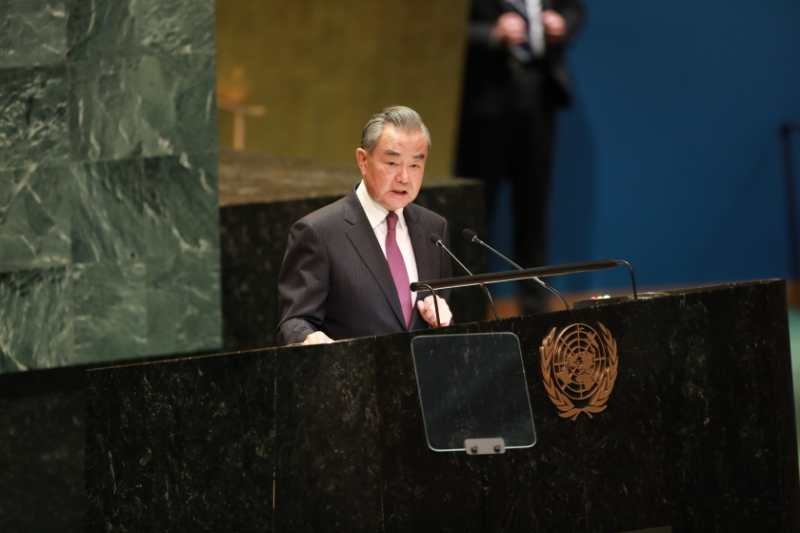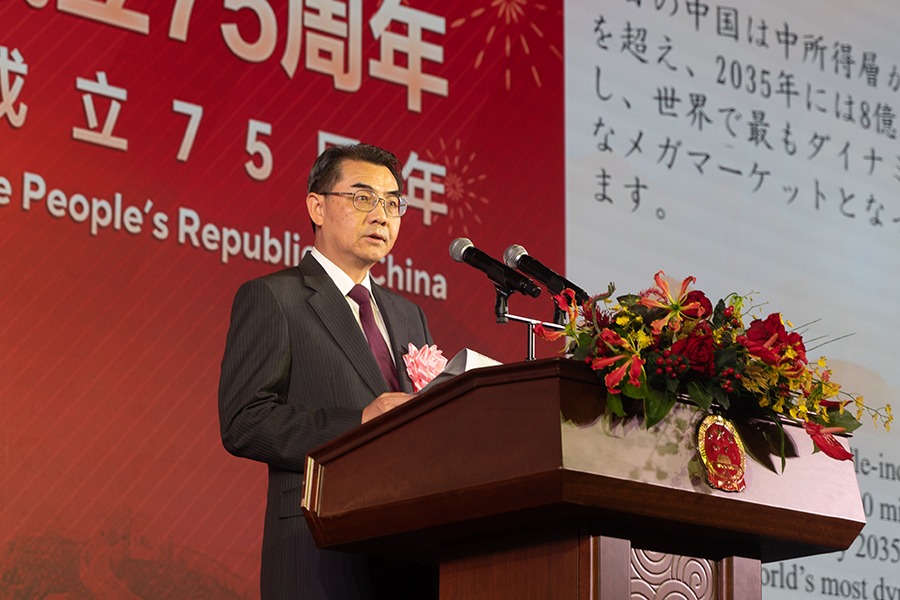Argentina yields surplus with Milei's bold revamp


In a move that underscores the effect of Argentine President Javier Milei's stringent economic policies, the country posted its fifth consecutive monthly fiscal surplus in May, the largest to date.
The achievement is a critical step toward Milei's ambitious goal of a "zero deficit" as he works to stabilize an economy long plagued by crises. Fiscal surpluses have long been rare in Argentina, but Milei has taken drastic steps to shift the country's economic trajectory by eliminating subsidies, cutting spending and laying off workers.
Yet, Argentina continues to grapple with severe inflation rates, which have surged to more than 300 percent annually over the past year. An economist by training, Milei has faced significant criticism for his controversial policies.
Many Argentines have borne the brunt of the economic measures, experiencing heightened financial strain and a lot of pain, as prices of everyday items have increased much faster than wages, even as the value of the peso has weakened against the dollar.
However, Milei maintains that these sacrifices are essential to strengthen Argentina's economy in the long term.
Despite these efforts, the economic outlook remains precarious. The International Monetary Fund recently downgraded its growth forecast for the country, predicting a 3.5 percent contraction this year.
Nevertheless, the IMF said a turnaround in the second half of the year could alleviate some of the downward pressure.
In addition to domestic reforms, Milei has sought to strengthen Argentina's international alliances, notably with China.
On June 12, Argentina renewed an active segment of an $18 billion currency swap agreement with China, extending a crucial $5 billion portion until July 2026, which is expected to give the former greater flexibility in managing its payments.
"The renewal of the swap is important to avoid an even more acute crisis than currently exists in terms of reserves," Gabriel Merino, a professor at the National University of La Plata in Buenos Aires, said.
Renewing the currency swap line is part of Argentina's broader strategy to bolster its relationship with China.
Merino highlighted the strategic value of maintaining robust relations with China and the importance of Chinese-led infrastructure projects. "The swap itself, utilized last year, also demonstrates its importance for Argentina as a mechanism, particularly in the context of a severe drought that caused a significant shortage of foreign currency," he said.
The Argentine government has actively pursued closer ties with the Asian powerhouse recently.
Argentina's Foreign Minister Diana Mondino visited China in May as part of the first official visit from Milei's government.
She told China's Foreign Minister Wang Yi, "No matter how Argentina's internal political situation changes, its friendly policy toward China will not change."
On June 17, the University of International Business and Economics in Beijing launched a new Argentine Studies Center, signaling the potential for deeper bilateral cooperation.
Steady growth
"Economic relations with China have grown steadily since the 2000s," said Genaro Grasso, a researcher at the Center for Cultural Cooperation in Buenos Aires. "Commercially, until last year, China was our second-largest trading partner."
The two countries are naturally complementary, Grasso said. "Argentina can export food, energy and potentially minerals, which China needs, and in turn, China can supply the machinery, infrastructure and technology that Argentina requires for its industrialization."
China has become an alternative to traditional financing sources, such as the IMF, World Bank or the Paris Club, he said.
China offers relatively favorable conditions and allows the financing of the bilateral trade deficit, he said.
"The swap facilitates many Chinese investments. Additionally, by strengthening the country's financial stability, it incentivizes firms from other developed and developing countries to invest.
"Argentina should continue trading and participating in South-South cooperation agreements, which include but are not limited to China," Grasso said.
The writer is a freelance journalist for China Daily.


































